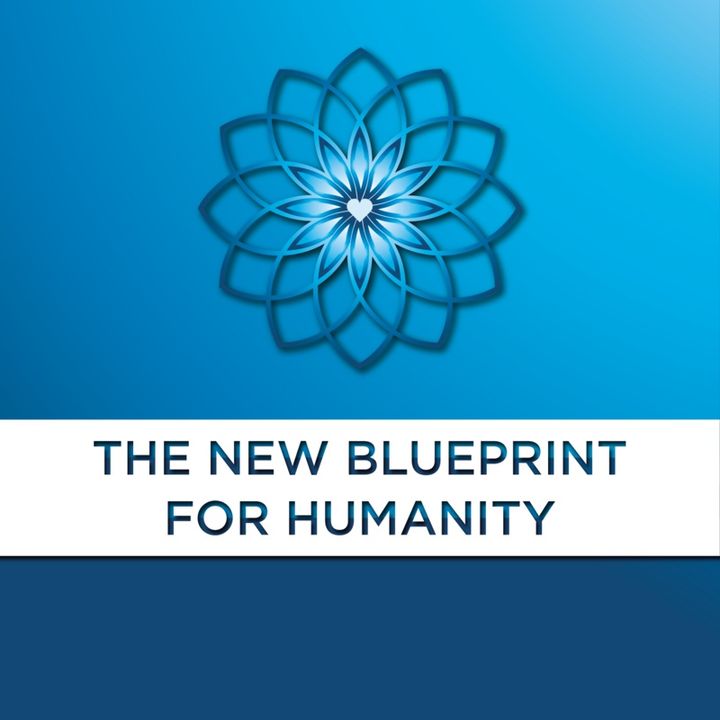1. Cooperative Utilities
Why this is needed:
Making excessive profit on the basic needs in life must end if we are to progress as a species. The current business models for the essentials in life should not be a profit-making enterprise. Everyone on the planet should be cared for and considered, with access to the basic essential resources for living.
Solution:
- All current investor-owned, CEO or government led water, utility, mining and refining companies, including the infrastructure of such, are to be seized and transitioned into private self-managed cooperatives with an elected board to run. This includes water, electricity, solar, wind, hydropower, nuclear power and all in-ground resources such as all oil, natural gas and minerals, as well as communications (phone and internet) services, which can be cooperatively owned by the people.
- Federal grant money from the government budget is to be allocated to establish these initiatives. Existing utility co-ops can assist in this transition greatly.
- All profits are to be set at a maximum of 5-15%. The surplus goes to the co-op member/owners, local co-op initiatives or the Federation of Global Cooperatives (TPC) for future sustainable initiatives for and by the people.
- Existing co-op utilities will be examined and assessed for viability, as several of them are run by third-party management corporations.
What is a cooperative?
There is a long and rich history of cooperatively-led utilities (and many other businesses) which are still successfully operating to this day. Each utility cooperative is a private, nonprofit business owned and governed by the consumers that it serves. A utilities co-op is managed for and by the community it serves, giving each customer the opportunity to participate in the governance of the co-op. Being inherently tied to the local area, co-ops are often involved in community development projects, support of local businesses and job creation. A cooperative is a values-based business, owned by and operated for the benefit of the people as the heart of the organization, not outside investors. Each cooperative’s membership will elect its board for a term of 4 years.
Who gains:
The federal government through having less to regulate and manage, the country through creating and controlling the infrastructure in our own country, the local economy and the communities the cooperative serves.
Who benefits:
Consumer member-owners, the employees through job creation of a sustainable business.
2. Food security for our future, a self-reliance strategy
Why this is needed:
It might be argued that the ability to control the production, distribution and quality of foods is now one of the most important freedoms a nation has. With the power of food production in the hands of the people, corporations and market institutions are prevented from dominating the global food system, and through such domination, controlling governments and populations. Currently, 51% of Russia’s food is grown either by dacha communities (40%) or by peasant farmers (11%). The remaining 49% of production was left to large agricultural enterprises. Russia is not the only nation to produce such a large amount of its own food: Havana, Cuba reported producing 90% of the city’s produce from local urban farms and gardens. When one digs deeper into the numbers reported by the Russian Statistics Service, however, some very impressive details are discovered. During the communist period, 90% of the nation’s food came directly from dacha gardens. In 2011, dacha gardens produced over 80% of the country’s fruit and berries, over 66% of the vegetables consumed, almost 80% of the potatoes consumed and nearly 50% of the nation’s milk supply, much of it consumed raw. This is likely because in 2003 the Russian government signed the Private Garden Plot Act into law, which entitled citizens to private plots of land for free. These plots range from 0.89 hectares to 2.75 hectares, and allow the people to contribute to their own food sovereignty.
Solution:
- Adopt the Russian dacha model and give everyone the opportunity to own a plot of land near their home as a weekend retreat as we move to a 4-day work week to garden, reconnect with family and friends and connect with the natural world. The land to be redistributed from government-owned lands and those currently owned by the elite bloodlines. Create assessment teams to assess the soil conditions in each region for this purpose. Existing farms will be changed to regenerative biodynamic and permaculture farms without the use of toxic chemicals.
- Farms are encouraged to form farming co-ops that engage local people as labor when needed.
- All farms will work together instead of competing with one another, ensuring all farmers have access to resources, grain, etc. “When one thrives, we all thrive” is the mentality going forward.
Who gains:
The federal government, who will have less lands to manage and oversee. The country through becoming sustainable in its food production, with better quality food without destruction of the environment and the soil, and the planet which is being destroyed very quickly by current farming practices.
Who benefits:
This caring and sharing model benefits the entire population, local communities, families and individuals through restoring connections with our food, putting care into our food production and connecting with each other, ourselves and the planet.





